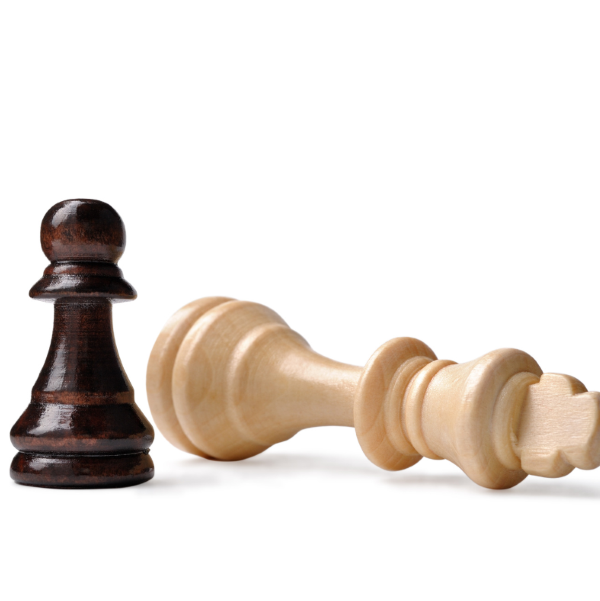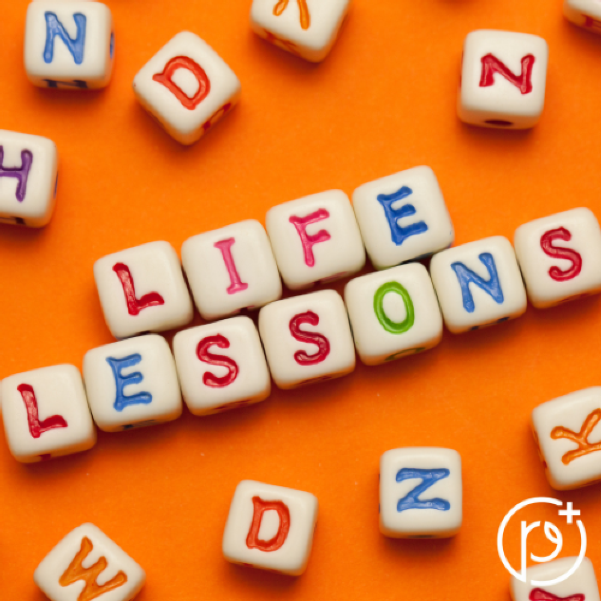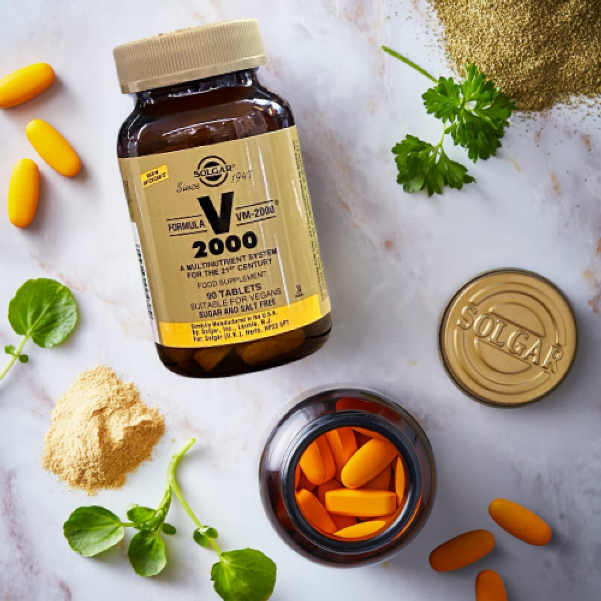Big is Best?
Friday, 25 November 2022
David vs Goliath is the story of the future king David, the little guy, the underdog, taking on the big ol’ nasty brute of a man - Goliath - and SPOILER ALERT David wins convincingly. We love cheering on the underdog!
In business, it's not often the case that little bests big, as being big gives you plenty of advantages. It gives you size, scale and the ability to offer some goods and services at a loss, the loss being off-set by purchases of other goods and services you make at the time. These loss leaders are made in the hope that it crushes the little guys so big can start buying out the smaller competition. ‘BIG’ gains so much market share that it can start lobbying and influencing decision makers - which in turn makes these industry leaders even more powerful. Let’s take a look at a few examples where ‘BIG’ hasn’t been good for our community.
BIG food: Food companies that serve Ultra-processed foods that cause harm if consumed excessively. These companies have perfected the art of delivering addictive foods cheaply, then pay money to the duopoly Supermarkets to position them in store in ways that actively encourage you to purchase them. Finally, they are successful in lobbying our politicians to prevent competition and prevent active measures against them such as a sugar tax. Bear in mind how much money the obesity epidemic is costing our health system.
BIG tech: my favourite term of 2022 is ‘surveillance capitalism’. Massive tech companies build vast profiles of you so they know what you're searching for and what you're interested in, and then insidiously pump out advertising to encourage you to ‘buy now’. (For example, my timeline is filled with Lego advertising. If any family is reading this I would LOVE the Lego Millennium Falcon for Christmas, thx.)
BIG Pharma: Roslyn Pharmacy is David. We are little, we are 100% locally owned and operated. ‘Big’ measures all sorts of Key Performance Indicators - the only KPI we measure are positive customer reviews or morning teas from customers (feel free to do both :)). ‘Big’ Pharmacy has algorithms to maximise ROI for example we need ‘x’ number of Pharmacists generating ‘y’ scripts or we won't experience growth. What are the consequences for the staff not generating growth? What are the consequences for the communities that have lost access to the people they trust? It’s your classic Profit over People story. Want an example? In the USA, the large Pharmacy chains Walgreens, CVS and Walmart have been fined over US$12 BILLION for their role in recklessly dispensing opioid prescriptions that didn’t make any medical sense. Whilst that seems like a lot of money, bear in mind that there’s been an estimated 500 000 deaths caused by the opioid crisis in the US.
New Zealanders getting their scripts from places that actively want you to buy cigarettes, alcohol and liquid diabetes is not ideal, worse they get no Pharmacist service and place no value on the medicines they have received. At a time when our healthcare services are stretched at the seams, this would appear to be a perilous direction to be heading.







